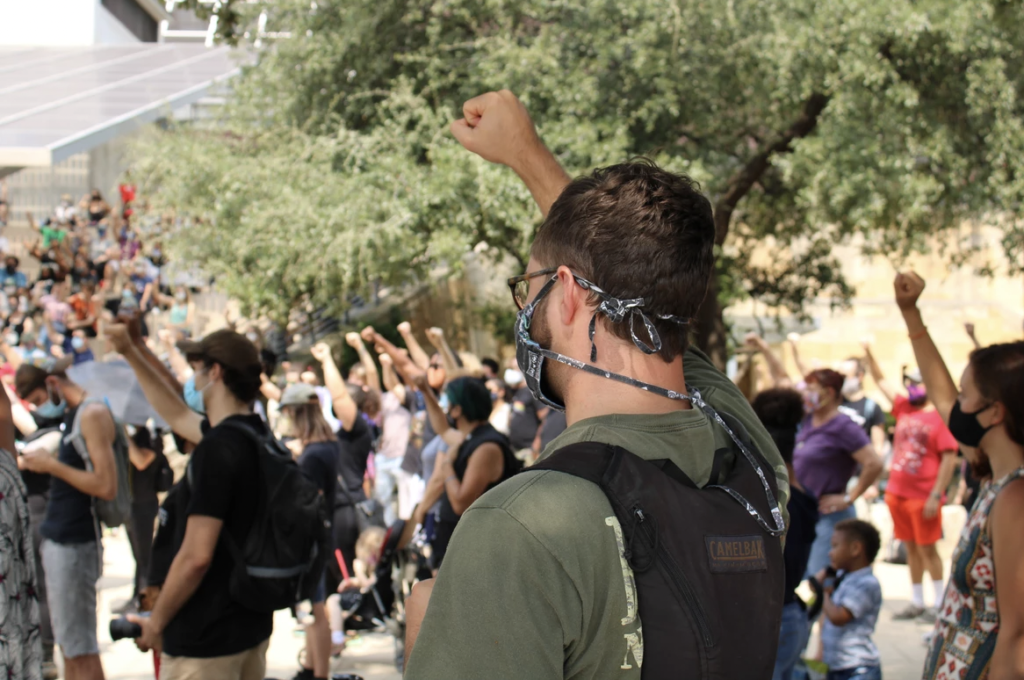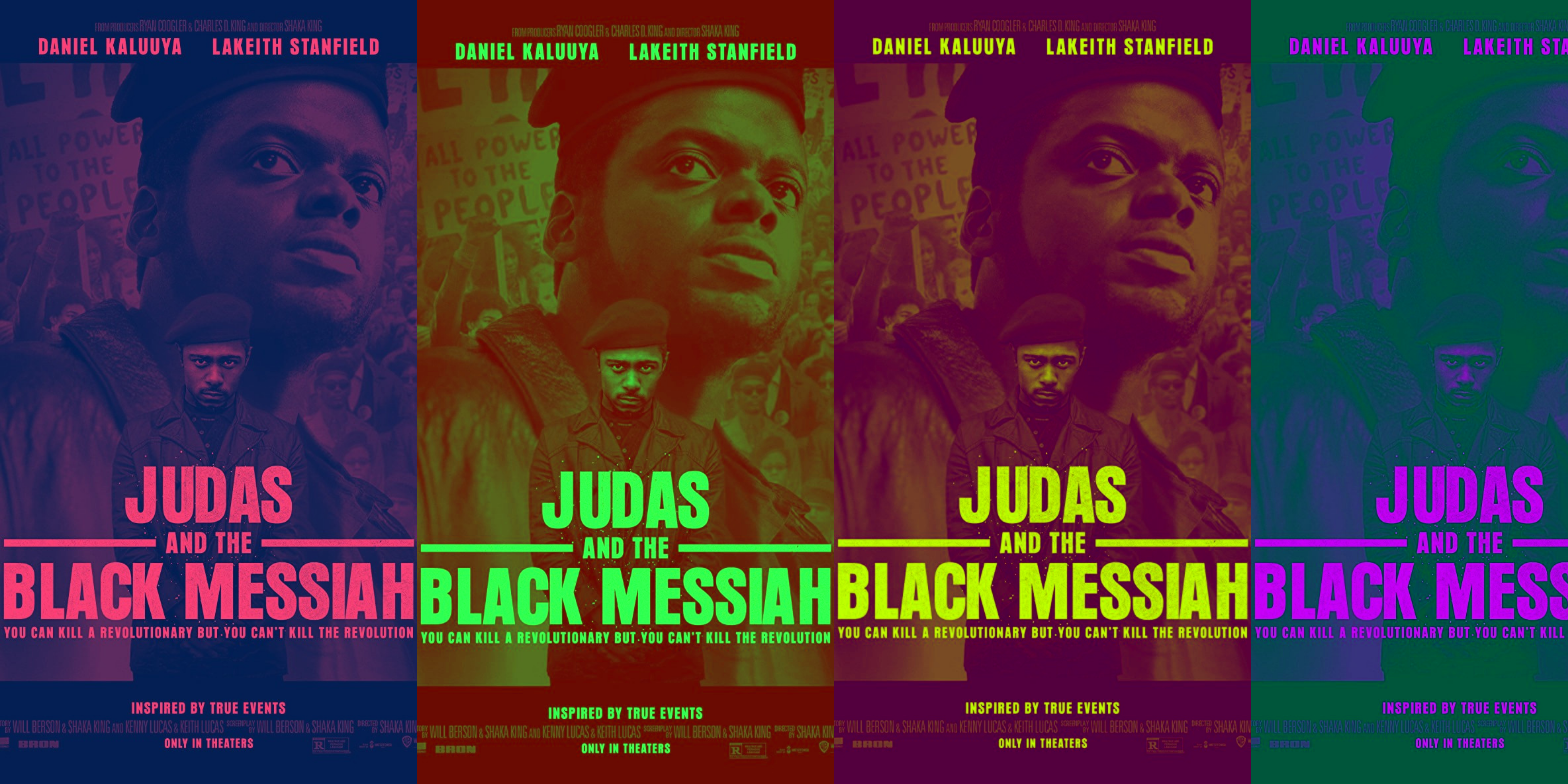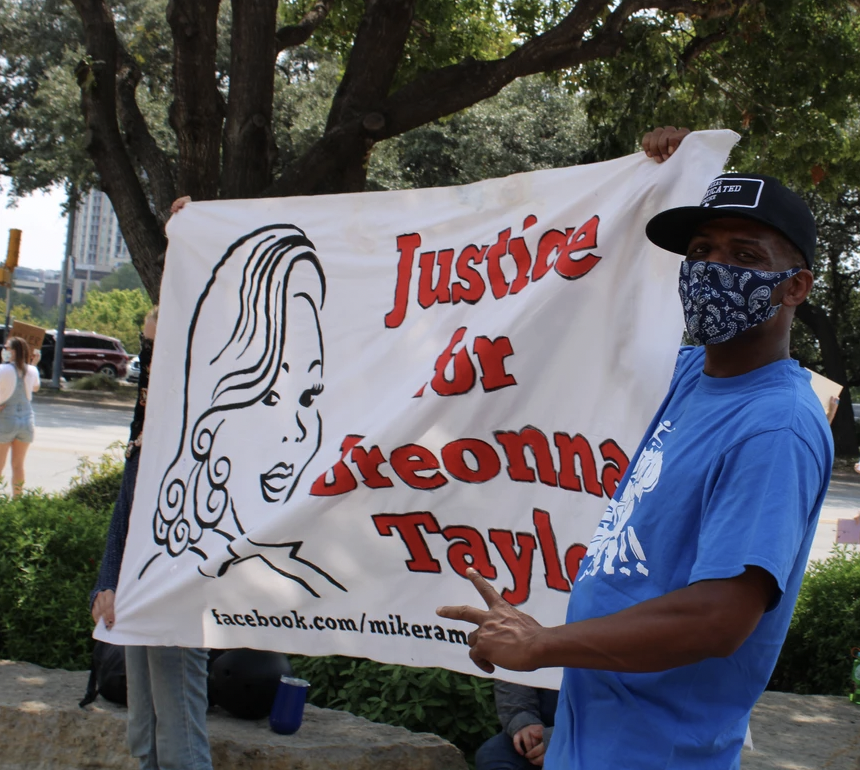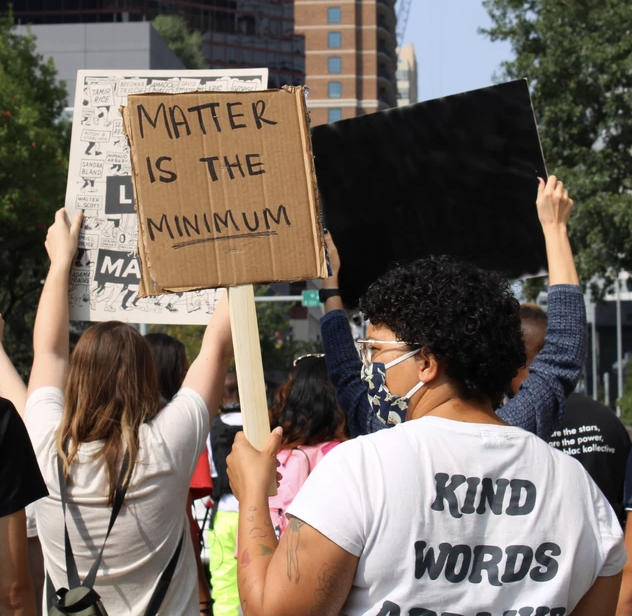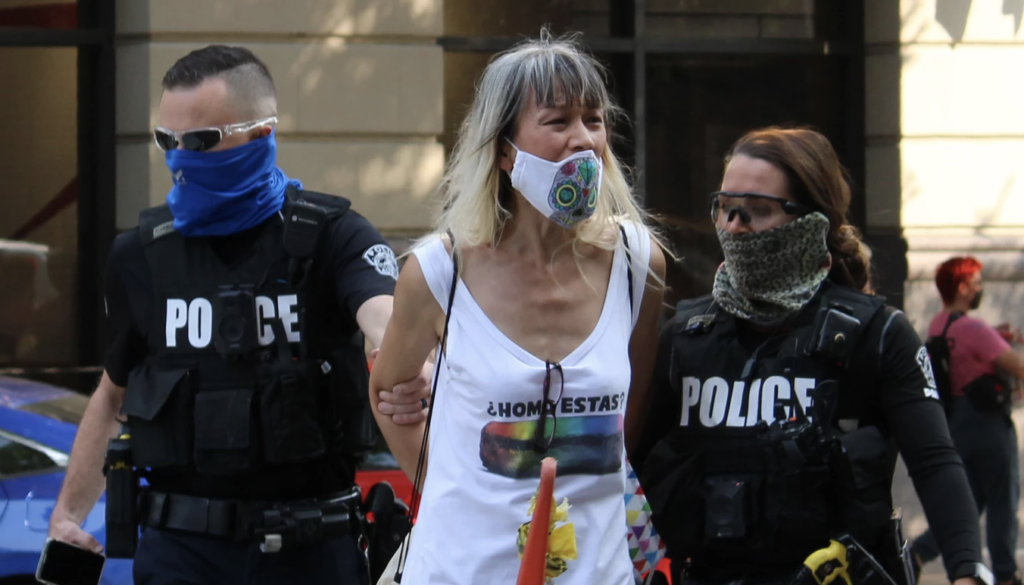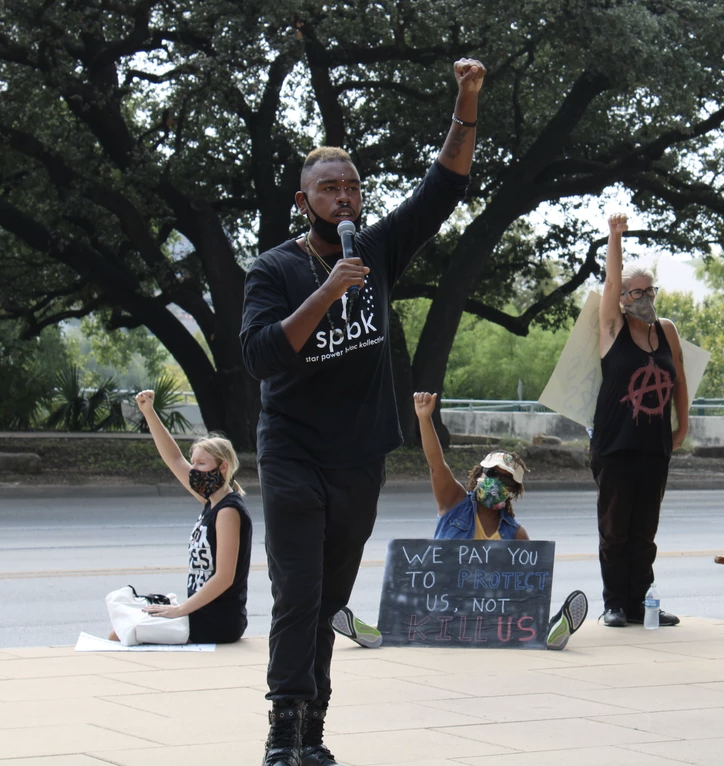In anticipation of their new film, “Judas and the Black Messiah,” Warner Bros Studios held a summit discussing the legacy of Fred Hampton and the Black Panther Party. The film comes at a time of high racial tensions in the US comparable to what the Black Panthers, themselves, faced in the 1960s.
The summit featured panels with the actors from the film: Daniel Kaluuya, Dominique Fishback and LaKeith Stanfield. Kaluuya and Stanfield played the film’s leads, Chairman Fred Hampton and William O’Neal, respectively. Fishback starred as Fred Hampton’s partner, Deborah Johnson. The actors discussed the significance of the film and what it meant to play these historical characters.
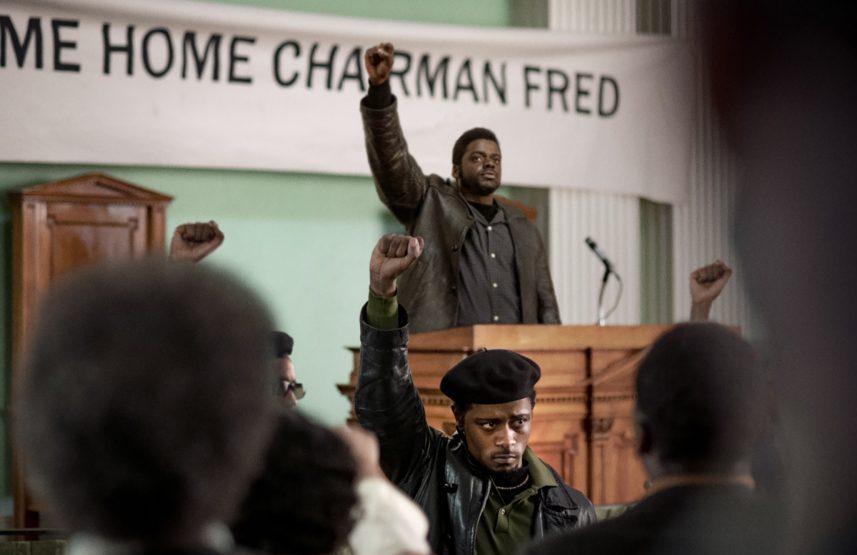
The first panel starred Kaluuya and Chairman Fred Hampton Jr., Fred Hampton’s only child. Baratunde Thurston moderated the panel. They discussed the legacy of the late Fred Hampton and the importance of bringing his story to the big screen.
“Judas and the Black Messiah” follows FBI informant William O’Neal, as he is tasked with infiltrating and destroying the Black Panther Party led by Fred Hampton.
Playing Hampton was an honorable and humbling experience, Kaluuya said during his panel. He says the film taught him the power of loving your community and gave him a chance to connect to the people involved in the story.
For Hampton Jr., this film was a chance to see his father’s story told correctly. For far too long the story of the Black Panther Party has been misconstrued and all but erased from history. Hampton Jr. and his mother, Mother Akua (a.k.a Deborah Johnson), sat down with the cast for seven hours to discuss their true intentions for making the film. In the end, they got the story that was supposed to be told from the beginning.
Thurston brought up a powerful saying during the panel – heightening the contradictions.
Heighten the contradictions of life, of society, of race in America. This year it couldn’t be more clear.
In summer 2020, we saw the peaceful Black Lives Matter protests quickly turn violent. Police officers beat and ran over peaceful protestors, threw tear gas and arrested hundreds. Peaceful protestors stood in the streets with their hands up, posing no harm, and the government deployed the National Guard in minutes. Former President Trump called the peaceful protestors thugs.
On Jan 6, 2021, white supremacists stormed the Capitol Building. They chanted “hang Mike Pence.” They stole federal documents. They broke in and vandalized a federal building that held members of Congress. They killed a Capitol police officer. There are videos of police officers letting them in. The people who broke into the Capitol Building were walking around like they were on a field trip. It was hours before any law enforcement showed up to disperse the crowd, and there were hardly any arrests on site.
What were they protesting? False claims by former President Trump that Democrats stole the election.
The contradictions are staring us in the face hoping we are bold enough to open our eyes and see it.
An insurrection and a peaceful protest are not the same, but we must address the glaring difference in government reaction.
Black people have to see the painfully apparent contradictions between how the government treats us and white supremacists. We have to see how the justice system works differently for us. We have to see how society treats us differently to know how much we truly matter.
“Judas and the Black Messiah” could not be more relevant. The Black Panther Party, an organization dedicated to liberating Black people from a system built against them. The government made them out to be an anti-white terrorist organization.
White supremacists, a group of people who called for the murder of the Vice President; the former president called them special people.
Heighten the contradictions.
The third panel of the day starred Fishback and Mother Akua, Fred Hampton’s fiance. Fishback portrayed Mother Akua in the film, and she says the experience helped her grow as a woman.
Fishback also recalled a time when she and her castmates went bowling. A white man grabbed a fry off her plate, asking if he could have one. Kaluuya, Stanfield and others quickly came to Fishback’s defense before she could channel her inner Brooklyn fighter.
Fishback says she came out of the film with a newfound trust in Black men.
For Stanfield, the job of portraying William O’Neal made him physically ill.
O’Neal is a stark contrast to Stanfield’s own beliefs, and it was difficult for him to get into that mindset. Once he did, he was so deep in that he felt he was betraying Kaluuya, and by extension – Fred Hampton. He remembers not being able to sleep before shooting certain scenes and getting emotional on set.
A testament to how brilliantly he played the character.
Stanfield’s panel ended the day, and he had one hope for what audiences take away from the film. The necessity of holding our government accountable. He says he’s glad the film touches on accountability and hopes audiences will see that “there is no justice for Black People.”
Black people are no more free than we were in 1968, Mother Akua pointed out. Not everyone is a revolutionary, you just have to do what you’re comfortable doing. Whether it’s spreading the word, donating or protesting, anything will help. The fight continues.
